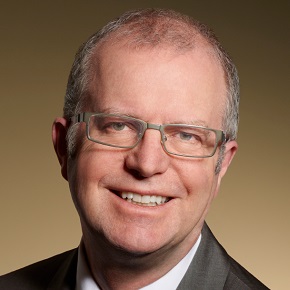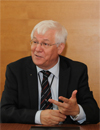 |
||
|
Heightened US Rhetoric on Ukraine Could Lead to New Cold War – US Congressman RIA Novosti, PUBLISHED 30.04.2014 US Congressman Dana Rohrabacher has expressed his concern in an interview with RIA Novosti that the heightened rhetoric surrounding the Ukraine crisis could lead to a new Cold War with Russia. “They are ignoring the fact that the Cold War is over. That is very damaging to national security and the peace of the world,” Rohrabacher, who is a senior member of the House Foreign Affairs Committee, said Tuesday in reference to some of his colleagues in the House of Representatives. The subsequent reunification of Crimea with Russia, sparked by deepening concerns over ultranationalist rhetoric from the new authorities in Kiev, triggered the deepest crisis in relations between Moscow and the West since the end of Cold War. Other news: Hungary Enacts Law to Expand Nuclear Power With Russian Aid Hungary’s president has signed a bill into law to expand a nuclear power plant in the country with Russian assistance. Hungary Lawmakers OK Russia Nuclear Plant Deal Russia will provide Hungary a loan of up to 10 billion euros ($13.5 billion) - around 80 percent of construction costs. Russia to Lend Hungary $13.7Bln for Nuclear Plant The deal was announced during a state visit to Moscow by Hungarian Prime Minister Viktor Orban and was hailed by Russian President Vladimir Putin. Last news:
|
Hero of the day 
We are currently working with the Nuclear Decommissioning Authority (NDA) on this approach, which was submitted in response to their February 2012 call for alternative proposals. We appreciate that the UK is in the early stages of their policy development activities and are pleased to be involved in such important work. INTERVIEW
Yanko Yanev OPINION
Joint Plan of Action |
Licence Эл №ФС77-30792. ATOMINFO™ trademark.

